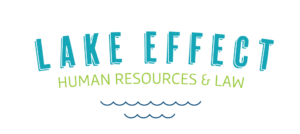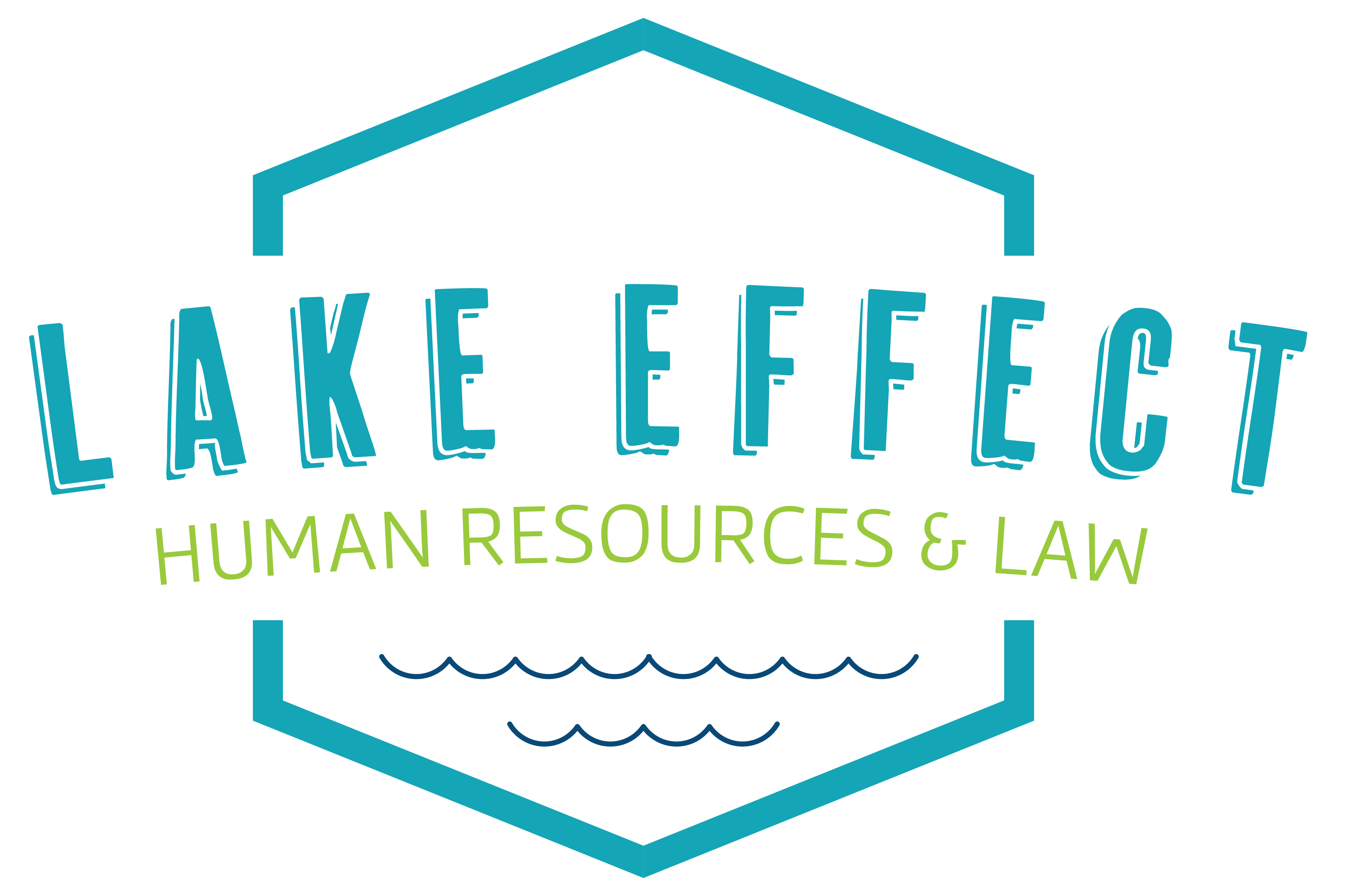EEOC’s New COVID-19 Guidance: Employee Caregivers and Religious Exemptions

The EEOC recently revised its What You Should Know About COVID-19 and the ADA, the Rehabilitation Act, and Other EEO Laws guidance document to address two issues: the treatment of pandemic-related caregivers (Section I), and religious objections to the COVID-19 vaccine (Section L). With respect to pandemic-related caregivers, referring to employees who are caring for […]
Supreme Court Decision on Vaccine Mandate

Supreme Court: OSHA Exceeded Its Authority by Requiring Large Employers to Adopt Mandatory Vaccination Policies, But Healthcare Providers Can Require Employee Vaccinations On January, 13, 2022, The US Supreme Court issued its much anticipated decision on two Biden Administration initiatives aimed at increasing COVID-19 vaccination rates across the nation: (1) OSHA’s Emergency Temporary Standard, which […]
The Uncertain Fate of OSHA’s ETS Mandating Employer Vaccination Policies

What is the status of OSHA’s ETS? As Lake Effect previously reported, OSHA issued an Emergency Temporary Standard earlier this month requiring employers with 100 or more employees to implement mandatory vaccination or testing/masking policies. Read our prior blog for a full discussion of OSHA’s guidelines and requirements. In response to the ETS, employers across […]
EEOC Provides Additional Guidance on Religious Objections to Vaccine Mandates

On October 25, 2021, the EEOC updated its COVID-19 Technical Assistance to specifically address religious objections to employer vaccine mandates. The update provides employers with additional guidance regarding their Title VII obligation to accommodate employees who request exceptions to vaccination requirements based upon religious beliefs. Key updates in Section L. Vaccinations – Title VII and […]

